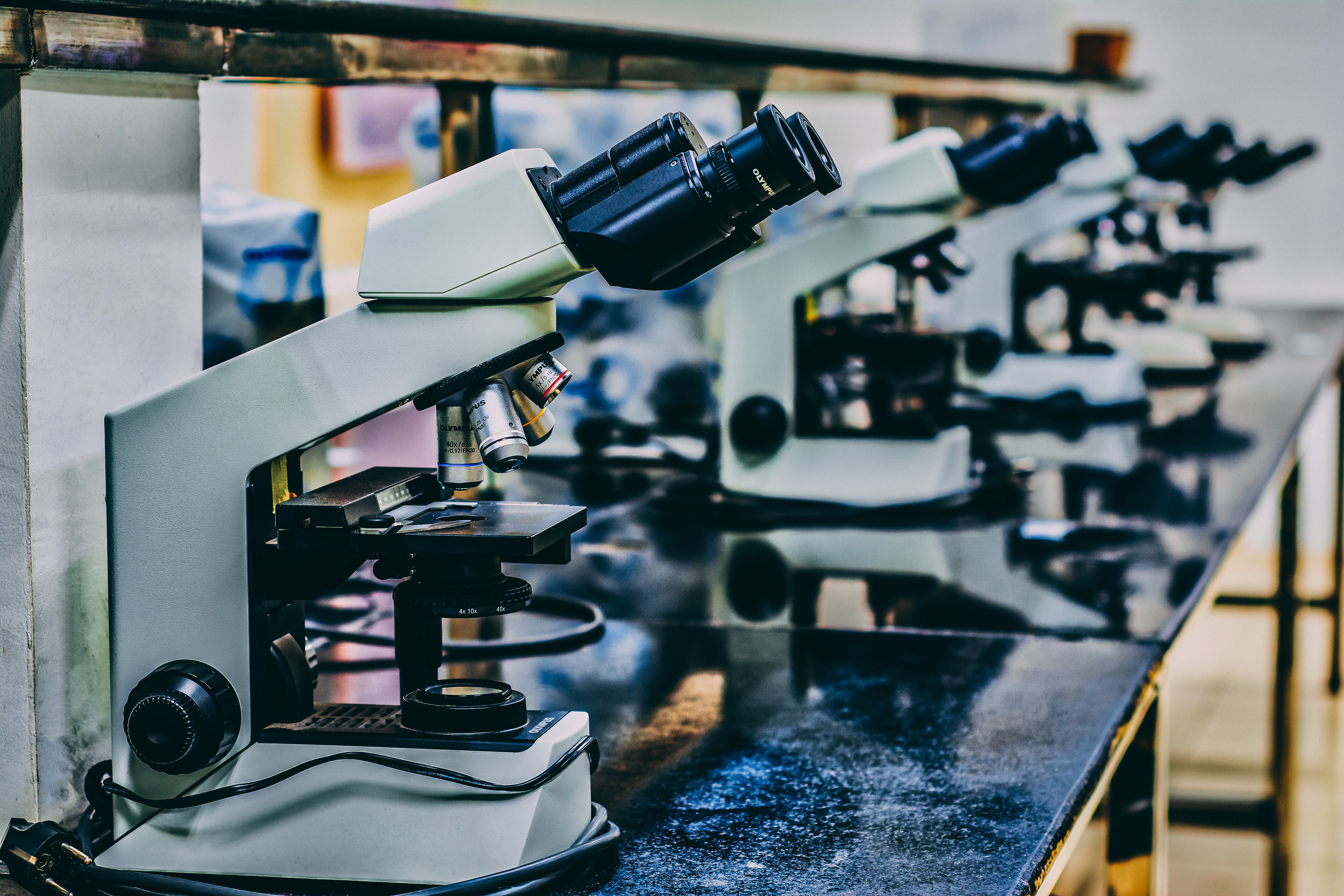Science Must Not Be Used to Foster White Supremacy
By Janet D. Stemwedel ,
The Scientific American
| 05. 24. 2022
Photo by Ousa Chea on Unsplash
The white supremacist who drove 200 miles to a Buffalo, N.Y., supermarket and opened fire, killing 10 people, had posted a screed. Most of the people he killed were Black. The document’s 180 pages cited not only racist conspiracy theories, but also scientific research on behavioral genetics. The research focused on finding heritable differences in IQ and propensity to violence between racial groups.
There’s no reason to believe, on the basis of his screed, that the Buffalo shooter understood, or even read, the scientific papers. It’s more likely that he collected them, like the racist tropes he reproduced in the document, from message boards and social media channels whose users latch on to titles that seem to promise scientific support for white supremacy. Scientists who research genetic bases for complex behavioral traits using genome-wide association studies have urged care in the conclusions drawn from population means, and especially in how their scientific results are communicated to general audiences. But there is compelling evidence that research on the evolution of sociobehavioral traits finds an...
Related Articles
By Diaa Hadid and Shweta Desai, NPR | 01.29.2026
MUMBRA, India — The afternoon sun shines on the woman in a commuter-town café, highlighting her almond-shaped eyes and pale skin, a look often sought after by couples who need an egg to have a baby.
"I have good eggs,"...
By George Janes, BioNews | 01.12.2026
A heart attack patient has become the first person to be treated in a clinical trial of an experimental gene therapy, which aims to strengthen blood vessels after coronary bypass surgery.
Coronary artery bypass surgery is performed to treat...
By Staff, ScienceDaily | 01.05.2026
Scientists at UNSW Sydney have developed a new form of CRISPR technology that could make gene therapy safer while also resolving a decades-long debate about how genes are switched off. The research shows that small chemical markers attached to DNA
...
Following a long-standing CGS tradition, we present a selection of our favorite Biopolitical Times posts of the past year.
In 2025, we published up to four posts every month, written by 12 authors (staff, consultants and allies), some in collaboration and one simply credited to CGS.
These titles are presented in chronological order, except for three In Memoriam notices, which follow. Many more posts that are worth your time can be found in the archive. Scroll down and “VIEW...




